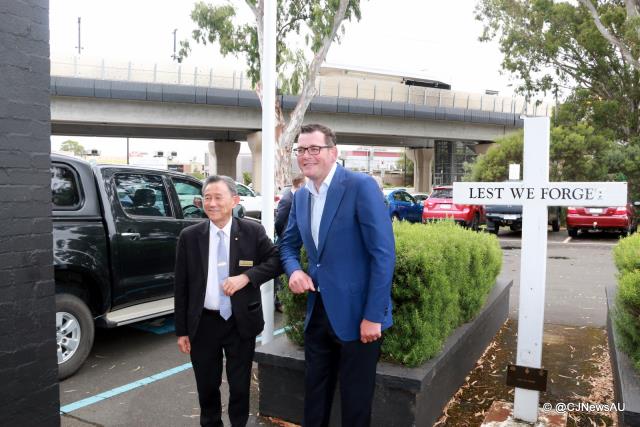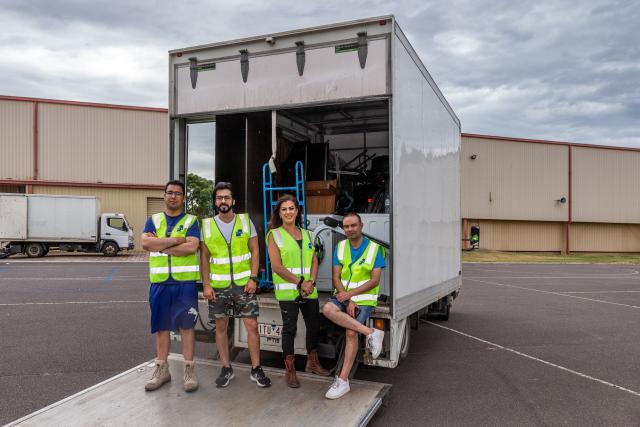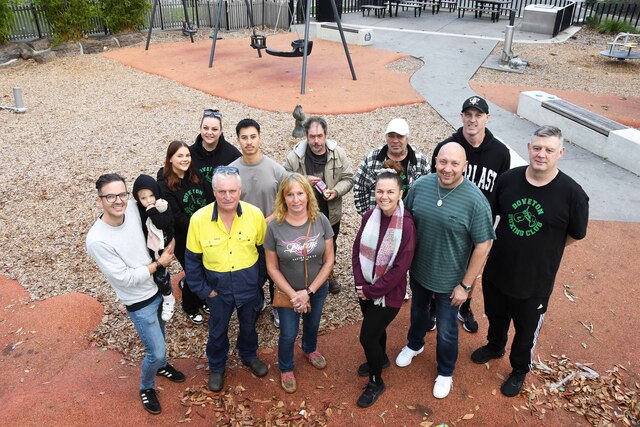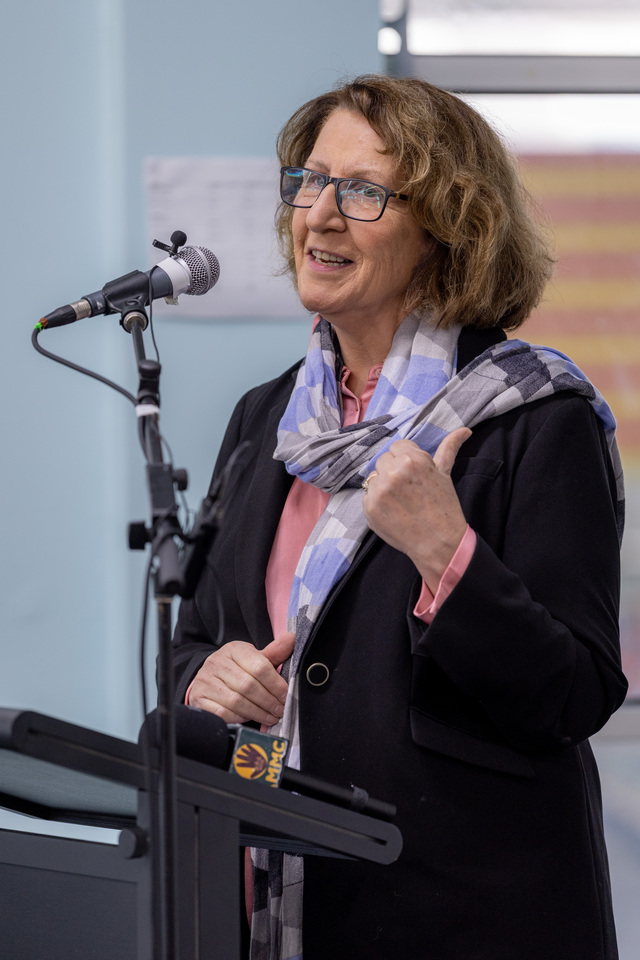A Narre Warren local has acknowledged the importance of the role employment services play when it comes to inclusion and diversity, after suffering a brain injury that impacted his physical and cognitive abilities.
The Federal Government endorsed The Select Committee on Workforce Australia Employment Services proposed reforms on employment services on 4 July, which called for changes to the foundations of the Commonwealth Employment Services System.
Committee chair and Bruce MP Julian Hill said back on 30 November 2023 that Australia no longer had “an effective, coherent national employment system”, after the final report with 75 recommendations over 600 pages was tabled on the same day.
A Federal Government response agreed that the reform is necessary but it will take time for such a large change to be designed and implemented.
For Chanthol, receiving a “helping hand” was all he needed to get back on his feet with the brain injury that he called himself “lucky” to still have his left eye.
“I was riding a motorbike and then I hit a trailer and crashed to the ground, half of my brain was fractured.”
Suffering a brain haemorrhage, Chanthol had difficulty with his physical and cognitive abilities, where it was common to see issues such as memory loss and longer times required when learning new processes.
“After the accident, I was a bit lost, you know?” he said.
The help he needed eventually came through MAX Solutions, an employment service that offered their support through a range of programs such as – but not limited to – Workforce Australia and Disability Employment Services.
Through a job coach, Chanthol was able to land and maintain employment as a cleaner and acquire the National Police Certificate and a Working with Children Check.
“They helped negotiate with the employer, for example, would it be possible to do one hour or two hours a day.
“After that, I could relax and then I could meet my requirements for counselling,” he said.
Key parts of the 75 recommendations made included a stronger and more involved role played by the Commonwealth government through the establishment of Employment Services Australia as a “rebuilt public sector core”, according to the document.
A different service model was also proposed, one that would implement a more individualised and flexible service model that acknowledges the different pathways to employment and moves away from the “one-size-fits-all” theme.
For Mr Hill, the government’s endorsement was “broadly in line with what [he] expected” and is a “positive response”.
“The government acknowledged the need for reform of the system and pointed towards the commitments that were in the May Budget on the urgent issues we identified.
“[Such as] reforms to mutual obligations, trials of social enterprise, community-based activities and improvement to the IT systems,” he said.
The committee initially suggested that the government take appropriate time over 12 months or more to develop a roadmap of reform, which was also acknowledged by the Commonwealth’s response.
At the same time, Mr Hill was glad and surprised to see an in-depth, 23-page address of the committee’s summary of recommendations.
“I never expected in the initial response, a detailed response to every one of our 75 recommendations because that’s why we suggested the roadmap.
“I was pleased to see that the government has committed and is working on that [roadmap], I’d anticipate it to be out towards the end of the year or early next year,” he said.
All 75 recommendations were summarised into eight key points in the Commonwealth’s response, which agreed with moving away from the one-size-fits-all system, as well as the overemphasis on mutual obligation requirements which was criticised to be overly burdensome.
The establishment of regional hubs, strengthening of community engagement, localised and improvement of service delivery, development of professional and workforce conditions were some of the other factors agreed to by the Commonwealth.
The May 2024-25 Federal Budget outlined a $54 million commitment over five years to a new employment pathways package in partnership with employers across the country; which looks to focus on people with barriers to work who are also seeking to connect to job opportunities.
“What we demonstrated through the inquiry is a significant proportion of long-term unemployed people have some form of disability,” Mr Hill said.
Another initiative, called the Real Jobs, Real Wages sees an investment of $32.1 million to support those who are at risk of long-term unemployment, and instead secure work through a tapered wage subsidy over six months.
Furthermore, the WorkFoundations initiative will look to invest $29.1 million to assist people with more complex barriers to employment, as well as building their work readiness through funding for social enterprises and businesses to deliver paid employment placements.
Federation University professor of social work and human services, Jenny Martin said that the significance of effective employment services, especially for those with disabilities “are important”.
“It’s quite competitive in the workplace, and the preparation of a job, and preparing for the interview, writing your letter, your resume, even having clothes to wear and all the guidance around it.
“For people who may have some kind of disability, they may be lacking in confidence, and they may need that extra support and guidance, encouragement to apply for jobs and support through the process,” she said.
Other points agreed to by the Commonwealth include the reduction of fragmentation and competition, which would mean engaging fewer service providers in order to minimise competitiveness and overlap, which could lead to more consistent and higher-quality services.
Building on the aspect of a more individualised and flexible service model, better coordination between employment services and the demands of employers and other industries was agreed to, and that “work is underway” to a system that employers “want to use”, according to the document.
“Employment is very important, it’s not just you’re getting an independent income, but you’ve also got all the social benefits and purpose, routine, making friends, all those things that come with a job,” Professor Martin said.
“I think that sometimes people [employers] can have lowered expectations and you know, using a deficit sort of model, think that people won’t be able to do certain things.
“To have a perspective around that sort of recovery paradigm of people being able to achieve their hopes and dreams, to really support them in achieving what they want to do without passing any judgment or imposing any external standards is important,” she said.
A new voluntary pre-employment service for parents was also agreed to, which the committee suggested the abolishment of the ParentsNext program.
The Commonwealth paused all compulsory participation requirements on May 2023, with a new pre-employment service entering discussion with stakeholders in July, and announced in December.
According to the government’s response, further details are to follow for the plans on employment services reforms, which at that point would include the phasing and priority for implementation.


















